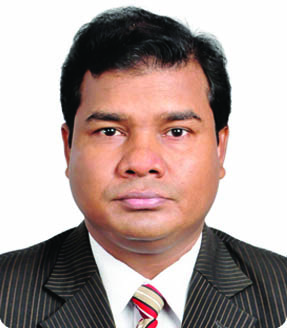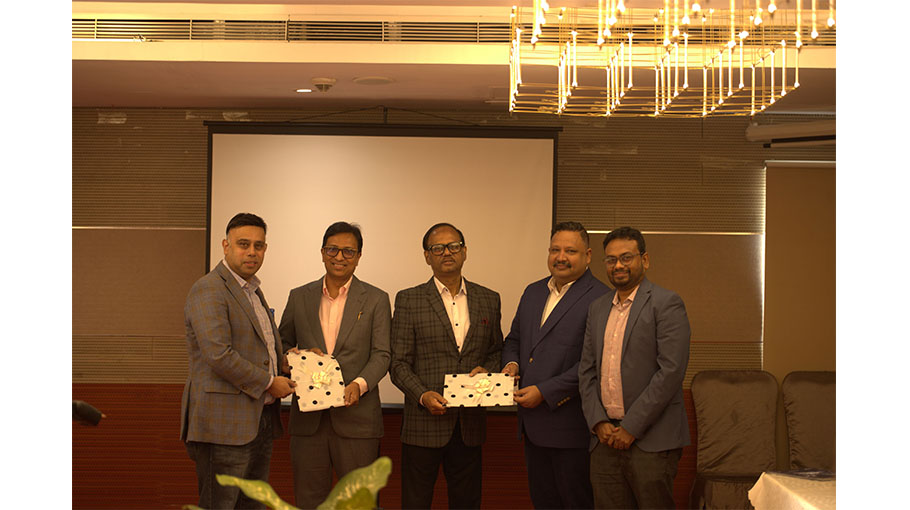‘RMG industry to face big transformation by 2029 as GSP moratorium ends’

Readymade Garments (RMG) industry will undergo a significant transformation in its trade benefit regime by 2029 as the GSP moratorium ends, coinciding with Bangladesh’s exit from its Least Developed Country (LDC) status in 2026, according to a report.
LightCastle Partners, a prominent national management consulting firm, in partnership with Policy Exchange Bangladesh, unveiled the report’s findings.
Challenges confronting the RMG sector encompass rising labour costs, heightened competition from low-cost nations, and the imperative to improve working conditions and sustainability practices, the report said.
To effectively align with global demand and mitigate risks, the industry must enhance operational efficiency through automation while fostering an environment that facilitates the workforce’s transition. Currently, less than 15% of its operations are mechanized, said the study.
LightCastle Partners in collaboration with The Policy Exchange of Bangladesh conducted an extensive research endeavor titled: "Threads of Progress: A Comprehensive Landscape Study of the Apparel Industry and the Future for Women Workers".
The research findings were published at a discussion at a hotel in the capital on Saturday.
Forty two plus national and international industrialists, International buyers, innovators and other officials of garment industries in Dhaka, Savar, Gazipur, Chattogram including more than fifty-plus women workers were interviewed as part of the research.
The initiative—funded by the H&M Foundation with The Asia Foundation operating as the backbone organization— is a part of the two-year-long ‘Oporajita: Collective Impact on the Future of Work in Bangladesh’ initiative, with a collective goal to future-proof livelihood of women garment workers in Bangladesh, equipping them for a future where the apparel sector is defined by automation and digitalization.
The report said, about 84.5% of the country’s total export comes from the RMG sector where 40 lakh workers are engaged, most of whom are women. Hence, it is imperative to increase their skill along with ensuring fair wage.
Md. Abdus Samad Al Azad, Joint Secretary (FTA-1), Ministry of Commerce, and Shahidullah Azim, Vice President of BGMEA, spoke at the discussion as special guests.
Zahedul Amin, Co-founder & Director, Finance, Strategy & Consulting Services of LightCastle Partners, Samiha Anwar, Business Consultant of LightCastle Partners, were also present.
Dr. M. Masrur Reaz, Chairman and CEO of Policy Exchange Bangladesh, moderated the discussion, while Radi Shafiq, Portfolio Manager of LightCastle Partners; and Mrinmoy T. Sobhan, Business Consultant of LightCastle Partners, highlighted the research findings.
Md. Abdus Samad Al Azad said, “We need to take proactive steps in shaping our policies and shifting our attention from cotton-based clothing to Man-Made Fiber (MMF) materials”.



